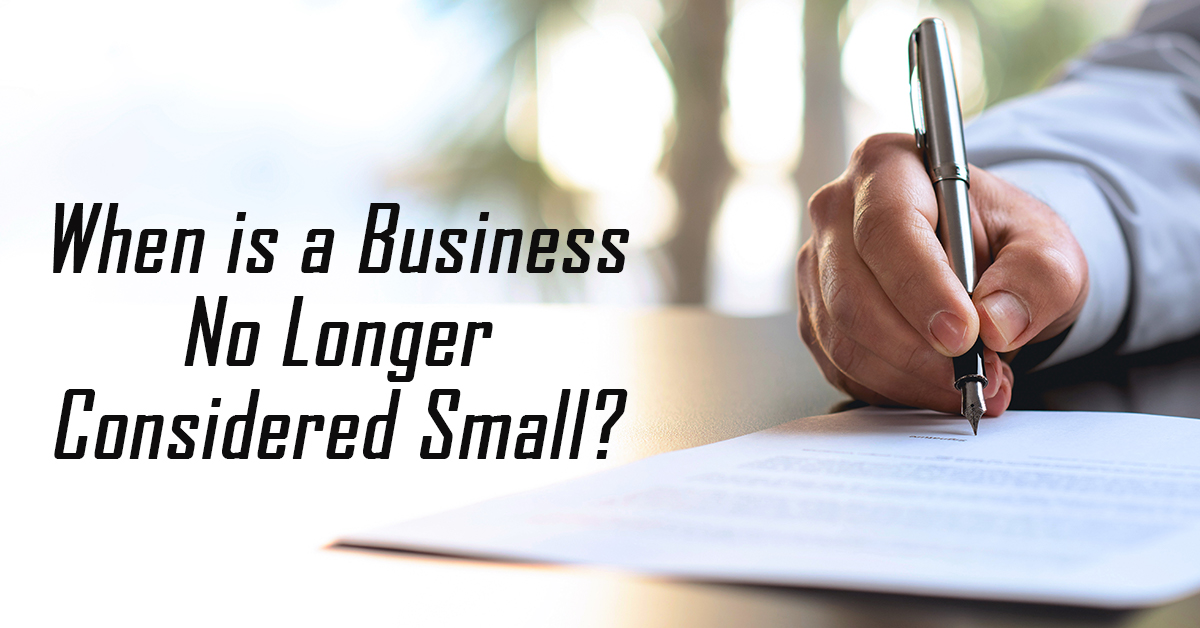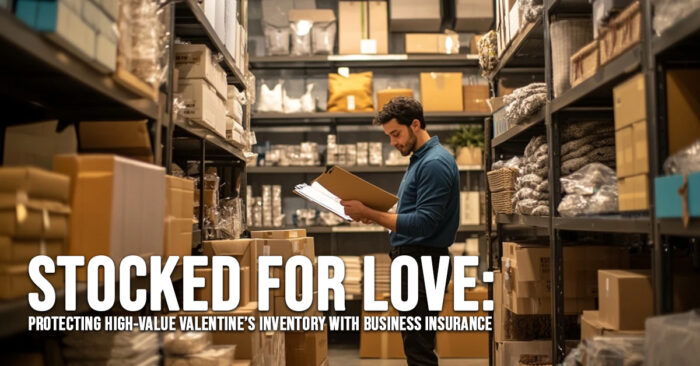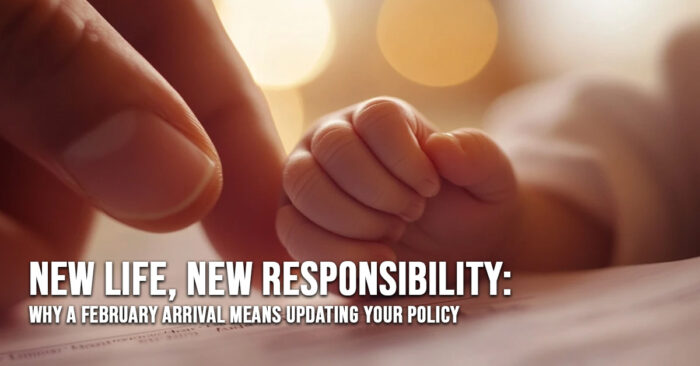When is a Business No Longer Considered Small?

When is a Business No Longer Considered Small?
You’ll often hear the terms small, medium and large when describing the size of a company. It is fair to assume that a Mom and Pop candy store at the corner of a street is a small business. It is also fair to assume that an automobile manufacturer or major financial institution is a large business. Medium-sized businesses may be a little more difficult to describe, other than they fall somewhere in-between.
Did you know, however, that there are sources that can better define a small, medium and large business by its product category, number of employees and annual sales?
The Small Business Association (SBA) for example, determines the size of a small business on such criteria. It also has an entire set of codes for companies in various categories to decide whether a business is considered “small”. This can affect a variety of business eligibility requirements including loan qualifications. Based on such criteria, some companies can have incomes in excess as $40 million and still be considered a small business.
The start is to find the government key which determines the category your business falls into. This puts you in a pool of businesses you are competing against for government assistance. The U.S. Census Bureau has a list of codes and sub-codes that can help you determine whether your business is “small”.
Outside of the SBA definition, the size of your business will impact what it pays for insurance. The larger the company, the more income it produces and the more employees it has, the more risks it is exposed to. This will translate into the need for greater coverage.
Most companies grow. They grow from maybe a single proprietor to a partnership to bringing in investors. They may even become publicly traded someday. Along the way, it’s insurance needs will change.
While the SBA may have specific guidelines according to government assistance levels, most have a more casual approach to how they view their business. If you are building your business, build your loss-prevention strategy at the same time. We can help.
Contact one of our independent insurance agents to discuss where your company is, and where you see it going. They can help design an insurance program you can afford, and one that will help facilitate the growth of your business.
Do you have questions about your insurance? Find an insurance agent near you with our Agent Finder
Search All Blogs
Search All Blogs
Read More Blogs
Spring Skies and Structural Eyes: Why a March Roof Check is Your Best Insurance Policy
Don’t wait for a leak to check your roof. Learn how to spot late-winter damage and protect your home’s structure this March.
The Mystery of the Plastic Baby: A Guide to Mardi Gras and the King Cake
Why is there a baby in the cake? Discover the history and traditions of Mardi Gras 2026 and the delicious mystery of the King Cake.
Let the Good Times Roll—Safely: Mardi Gras Liability for Your Business
Hosting a Mardi Gras party this Tuesday? Make sure your business has the right event liability and liquor coverage before the beads start flying.
The Business “Prenup”: Why Business Partners Need Life Insurance in February
Love your business partner? Protect your company with a Life Insurance-funded Buy-Sell agreement to ensure the business survives the unexpected.
Heading South? Insuring Your Mid-Winter Break Road Trip in February
Driving to find some sun this week? Check your roadside assistance and rental car coverage before you leave the driveway.
Spring Dreams, Winter Schemes: Updating Your Insurance Before Your Spring Renovation
Planning a Spring kitchen remodel? Learn why you need to call your insurance agent before the contractors arrive to ensure your project is covered.
Shadow or Spring? The Quirky Science and Folklore of Groundhog Day 2026
Will he see his shadow? Dive into the history and humor of Groundhog Day 2026 and why we still trust a rodent with our weather forecasts.
Stocked for Love: Protecting High-Value Valentine’s Inventory with Business Insurance
Is your Valentine’s stock protected? Ensure your business insurance accounts for the massive inventory surge happening in early February.
New Life, New Responsibility: Why a February Arrival Means Updating Your Policy
Welcoming a new family member this February? It’s time to move life insurance to the top of your to-do list to ensure your child’s future is secure.
Delivering Love: The Insurance Risks of Valentine’s Week Gig Work
Delivering flowers or chocolates for extra cash this Valentine’s? Make sure your car is actually insured for delivery work before you hit the road.









